It is widely recognised that water is going to be one of the major issues confronting humanity at the turn of the century and beyond. We are facing a crisis as regards the quantity and quality of water supply, but we have yet to experience the full social and political impact of that crisis. The escalation in the population and the quest for continued development is leading to conflicting pressures on water resources. Such resources are the ultimate recipient of pollution from various socio-economic activities associated with urbanisation, agriculture, mining and clearing of native vegetation. Pollution originating from human waste, especially where appropriate sanitation facilities are not available, or are located too close to water supply sources affects both surface water and ground water. This makes water supply and health perhaps the most important issue for the larger proportion of the global population. Paradoxically, the demands for "sustainable management" and increasing global population require more potable water from a declining available potable water base. It is universally accepted that proper water administration is a critical component of sustainable development–that is, development that meets the needs of both present and future generations. Indeed, water is an essential factor in a larger number of productive activities, of which one of the most important is the production of food by irrigation. This activity, accounts for two thirds of the water resources used by humanity. A supply of drinking water and sanitation in urban centres are crucial for preserving human health.
Fresh Water Fisheries
$27.00
$30.00

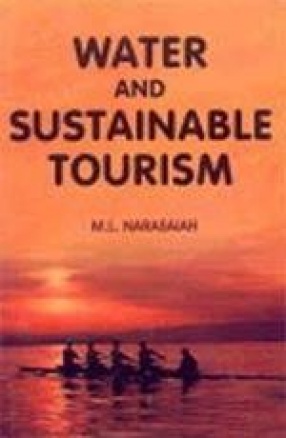
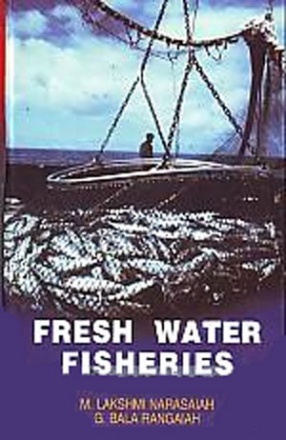
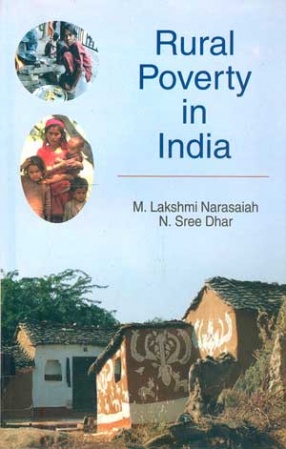
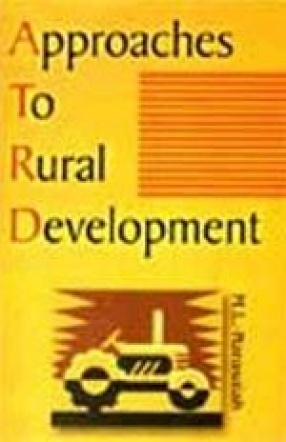
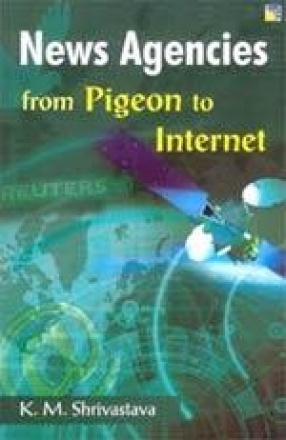

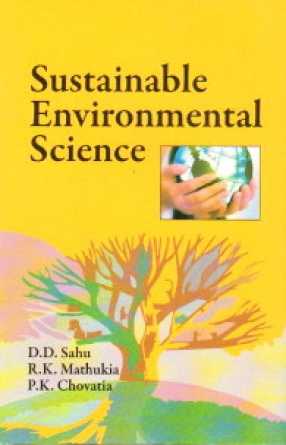
There are no reviews yet.